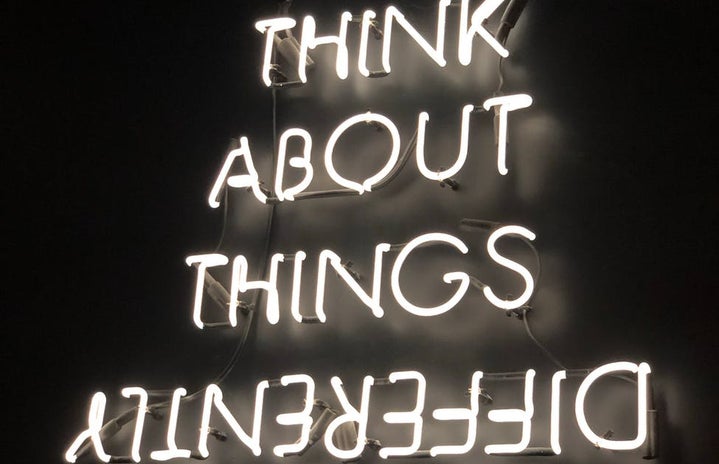In recent years, a glorious spotlight of media attention has shown down upon the roleplaying tabletop game, Dungeons and Dragons. This in part due to the incredible popularity of Netflix’s “Stranger Things” in 2016—in which the main characters not only play D&D but find themselves in a real-life campaign. According to The Guardian, “ sales of D&D material have grown in double-digit percentages in each of the past five years. With more than 40 million players, the game is now more popular than it has ever been since its invention in 1974.”
My Experience
As it turns out, I am a member of that statistic. About two and half years ago, my older brother got super into playing this game I had never heard of—Dungeons and Dragons. I love board games, and as he explained it I realized there was a whole bunch of other aspects of the game that I loved. D&D involves making your own character, writing your own backstory and interacting with a story that someone else—the dungeon master, someone you know personally—has created. In my eyes, D&D isn’t simply a nerdy game but is the ultimate interactive creative experience.
Since I agreed to come to my first session on a Thursday night over two years ago, I have played nearly every Thursday night with mostly the same group of people. In fact, just last week we completed our final session—surpassing level 20—playing these characters and we all hugged, clinked glasses and took a commemorative picture. Every week, we got together, acted out our characters, brought our dungeon master’s world to life, problem solved, ate dinner and became a family. The character I made, and the characters my friends made, have become beloved characters to us—similar to characters like Ron Weasley or Legolas for others. My character, Arryn, was the sort of person I’d like to be. I designed her to be a good, peaceful and strong person. She is the sort of hero that quietly helps people, builds orphanages and helps to protect nature—but with magical powers and insane speed.
I started a second campaign with another group of friends a few months ago, and the character that I made for that campaign is very different. Kieran is a lawful evil character, that has a lot of weird tendencies and he is overall very annoying and unlikeable. Why would I play a character like this? Because for me one thing among all the things I have learned to love about D&D is the therapeutic aspect. This may sound strange, but I truly believe D&D has pushed me emotionally, made me problem solve in hypothetical situations I would have not normally encountered and made me question my own personal identity, my insecurities and my values. I chose to play an unlikeable character because like so many I struggle with a deep need to be liked and validated by others. When the characters that my peers are playing are basically forced to not like me and disagree with my actions, it forces me, as a player, to learn how to accept that and separate myself from their reactions to my character and my personal feelings. So while playing Arryn helped me to explore and build upon the kind of person I want to be, Kieran has helped me to explore parts of myself I don’t like, parts I am afraid of and my issues of codependency and being overly sensitive.
Therapy and D&D
I am not the only person that can benefit from playing D&D. Recreational therapists are utilizing D&D in a more informed setting, using it to help kids work on social skills and work through other things. According to BBC, “Therapists have long used role-play as a tool, and D&D acts as the perfect platform, with its gentle demand on players to reimagine the way they interact with their peers.” For this reason, D&D can be very effective in helping kids learn skills that often hard to teach, like forming friendships, social nuances, communication and empathy. It can also be used to confront restrictions—self-imposed or otherwise—and anxieties.
In D&D, you generally can be anyone you want as long as you can work as a team and can convince your DM to be on board with your idea. And hey, maybe you want to play a character that’s just like you, and you don’t really want to work through your problems using D&D. You might as well get some friends together and give it a try anyway because you might just find yourself having, quite frankly, an absolute blast.



